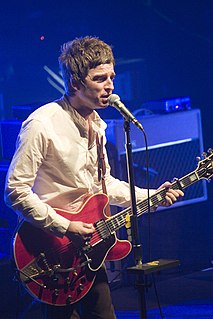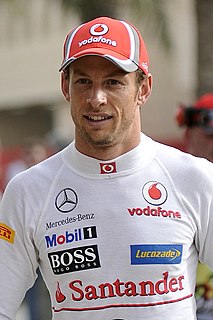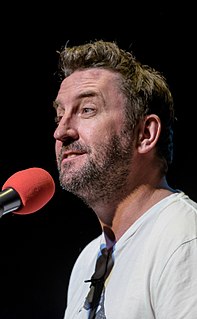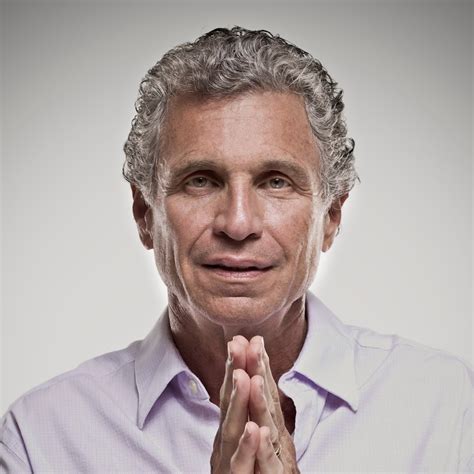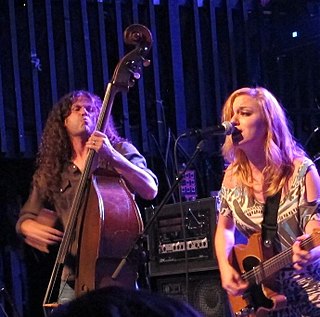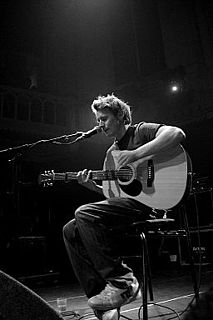A Quote by Noel Gallagher
What's problematic about playing stadiums and driving around in private jets and drinking champagne at 8 o'clock in the morning? What's wrong with that? I haven't got a problem with that. I can't fathom why people would.
Related Quotes
I was feeling like I'd been born in the wrong place at the wrong time with the wrong people. I don't believe that anymore, not coincidentally two years after writing Eileen. I think that was the driving curiosity for me, thinking about real and fictional characters who could respond to that problem.
I see the main problem as a spiritual one, not a resource problem, or a problem with this or that government, but a larger problem centered around human beliefs, the troublesome elements founded in our mythology. Our problematic mythology is collapsing all around us. It is a mythology that is predatory.
In my family we got up in the mornings around three o'clock and went out to the barns to bring the cows in and milk. In high school I milked about twenty cows every morning and about twenty in the afternoon when I got home. I have wonderful memories from those early days when my parent's influence was so strong.
I don't think it's something that people would ask a man. Some people make a huge deal out of the fact that I sing about drinking all the time, but I don't think of it as singing about drinking. It's singing about emotions, and sometimes that centers around drinking. To me, I'm writing about things that I'm going through that mean something to me, but some people just reduce it to: "She must drink all the time." But if a guy sings about that sort of thing, no one really looks twice.
I meet a lot of people who are awkward around me now. I was always embarrassed about that; the more attention I got, the less I wanted it and the more it would manifest in a physical way and I would be hunched over about it. I'm just starting to realise now that it's not my problem, it's somebody else's problem.
